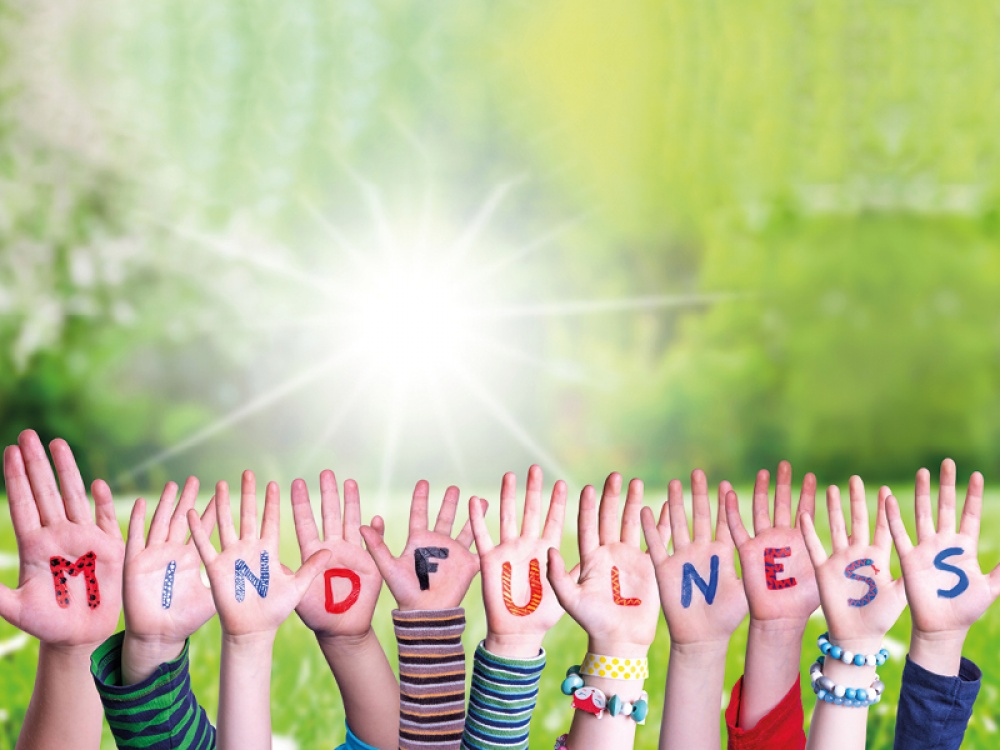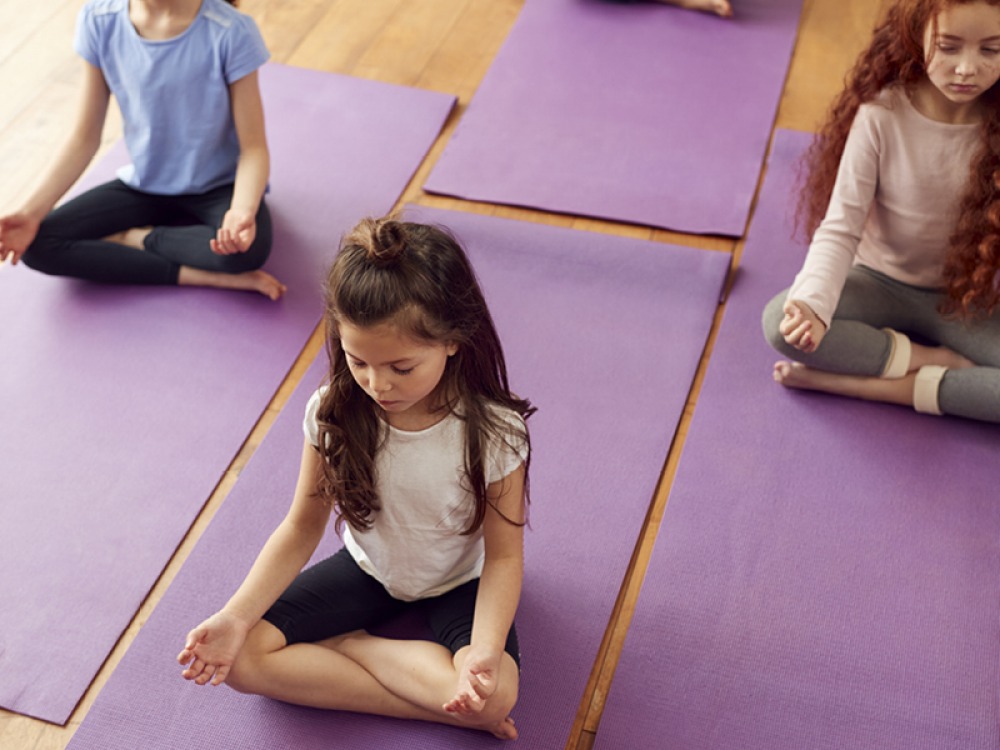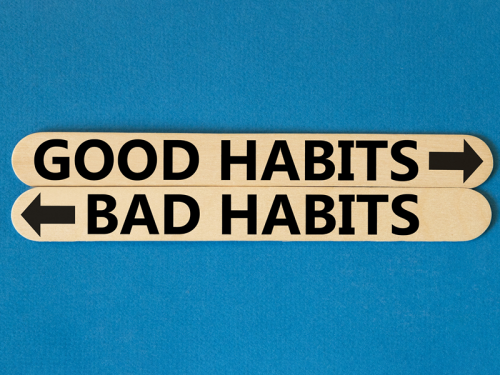Should We Teach Our Children Meditation and Mindfulness?

Meditation and mindfulness can really transform young lives
In a recent discussion on my weekly BBC program, the question arose: would teaching children mindfulness and meditation be beneficial? Without hesitation, my answer is a resounding yes. While the benefits of cardiovascular exercise have long been recognised, the transformative power of meditation remains under-utilised. Caring for the body addresses the visible, but tending to the mind heals the unseen.
Life, to me, resembles a patchwork quilt of tapestry squares, each uniquely beautiful. Yet, when we fail to be present, our tapestry becomes riddled with holes, missing precious moments and experiences. Meditation and mindfulness are the threads that mend these holes, weaving together moments of presence, peace, and wholeness. They act as mental therapy for our broken minds.
In the busy lives of children, where evidence suggests mental health needs are growing, meditation offers a valuable respite. It aids in relaxation and mental reset, providing them with a compass to navigate life's storms and a sanctuary to discover their inner magic. The evidence speaks volumes. Meditation offers numerous benefits, including improved sleep, stronger mental resilience, and enhanced cognitive ability. Ultimately, it supports holistic wellbeing and cognitive development.

A story I often tell kids at mindfulness sessions is this:
‘In an enchanted realm lived three friends: Scarab, Phoenix, and Zenth, each possessing unique powers. Scarab, drawn to negativity, saw the darkest corners of minds. Phoenix, representing the future, inspired grand dreams but also imposed pressure. Zenth, the youngest, advocated for mindfulness and inner peace.
‘Navigating adolescence, they faced trials testing strengths and vulnerabilities. Scarab's whispers grew louder, feeding insecurities, while Phoenix's expectations loomed large. Amidst the chaos, Zenth remained steadfast, guiding her friends towards mindfulness. Through meditation, they learned to quiet negativity and temper pressure, finding peace amidst life's chaos.
‘Together, they understood the importance of balance – embracing Scarab's caution, channeling Phoenix's ambition sensibly, and embodying Zenth's serenity. Through their journey, they learned to harness their powers to navigate life's storms safely.’
Meditation nurtures inner peace, equipping children with resilience to navigate life's challenges whilst mindfulness enhances focus and attention span, empowering deeper engagement in learning and exploration.
Meditation also fosters emotional intelligence and empathy, helping cultivate healthier relationships with themselves and others, and practicing mindfulness reduces stress and anxiety, promoting overall wellbeing in children.
Teaching children to meditate is akin to giving them a secret garden within themselves where they find peace, clarity, and inner strength. Meditation nurtures inner peace, equipping children with resilience to navigate life's challenges and fostering emotional intelligence and empathy.
One real-life example that vividly illustrates the transformative power of meditation is the story of eight year-old Lily. Lily was a bright and imaginative child, but she struggled with anxiety and found it difficult to focus in school. Her parents, concerned about her wellbeing, decided to introduce her to mindfulness and meditation techniques. Initially sceptical, Lily gradually embraced these practices with the help of guided meditations and breathing exercises tailored to her age.
As Lily continued her meditation journey, her parents noticed remarkable changes in her demeanour. She became more calm and centred, exhibiting greater patience and resilience in the face of challenges. Her teachers also observed improvements in her attention span and academic performance. Through consistent meditation practice, Lily not only learned to manage her anxiety but also developed a deeper sense of empathy and compassion towards herself and others. She began to understand the power of staying present in the moment and acknowledging her emotions without judgment.
Lily's story is just one of many examples highlighting the profound impact of meditation and mindfulness on children's wellbeing. By cultivating these practices from a young age, we empower children like Lily to navigate life's ups and downs with grace and resilience.
Furthermore, meditation and mindfulness not only benefit individual children but also have ripple effects within families, schools, and communities. As children learn to regulate their emotions and cultivate inner peace, they contribute to creating environments that are more compassionate, empathetic, and supportive for everyone involved.











